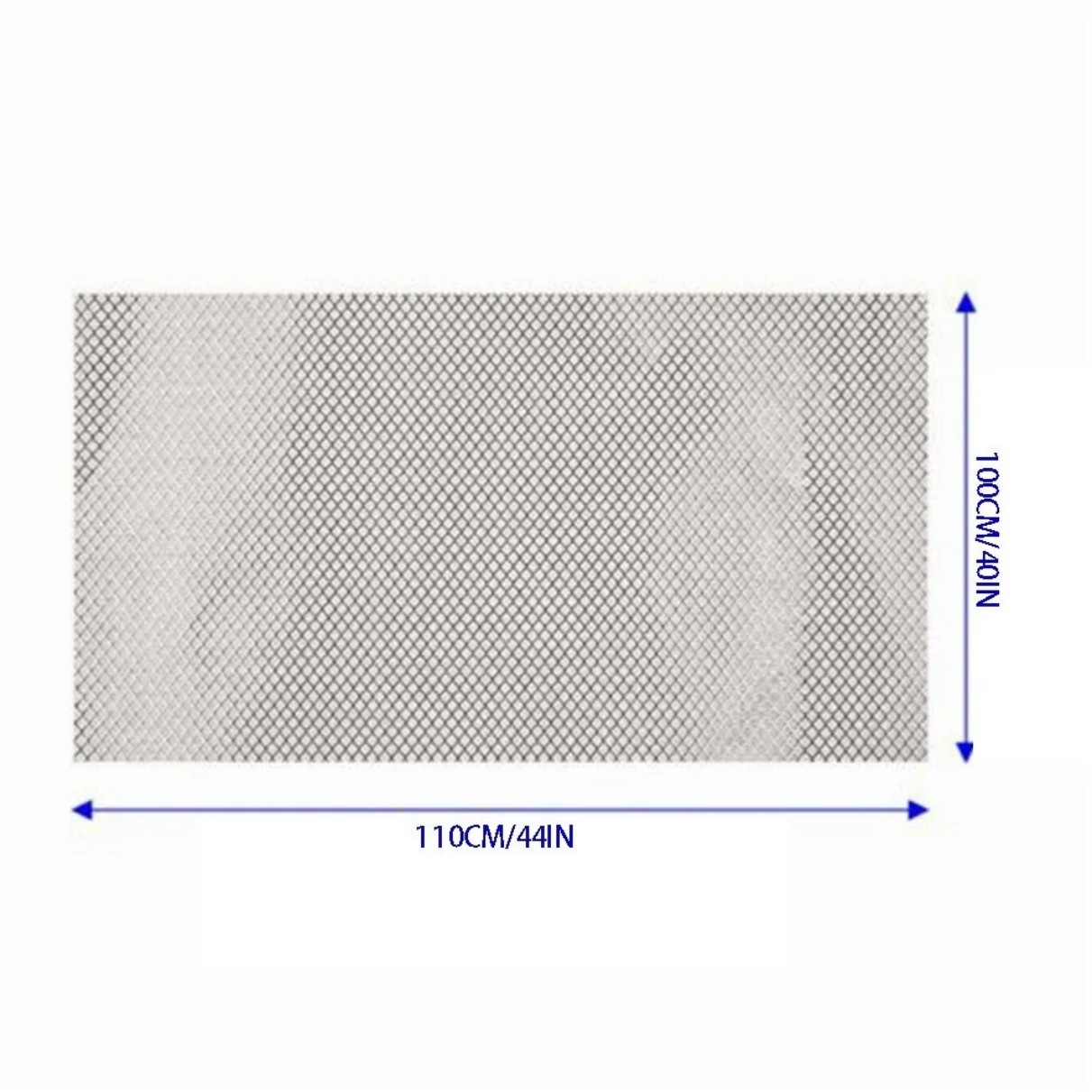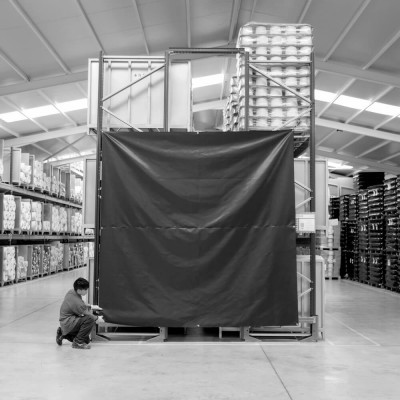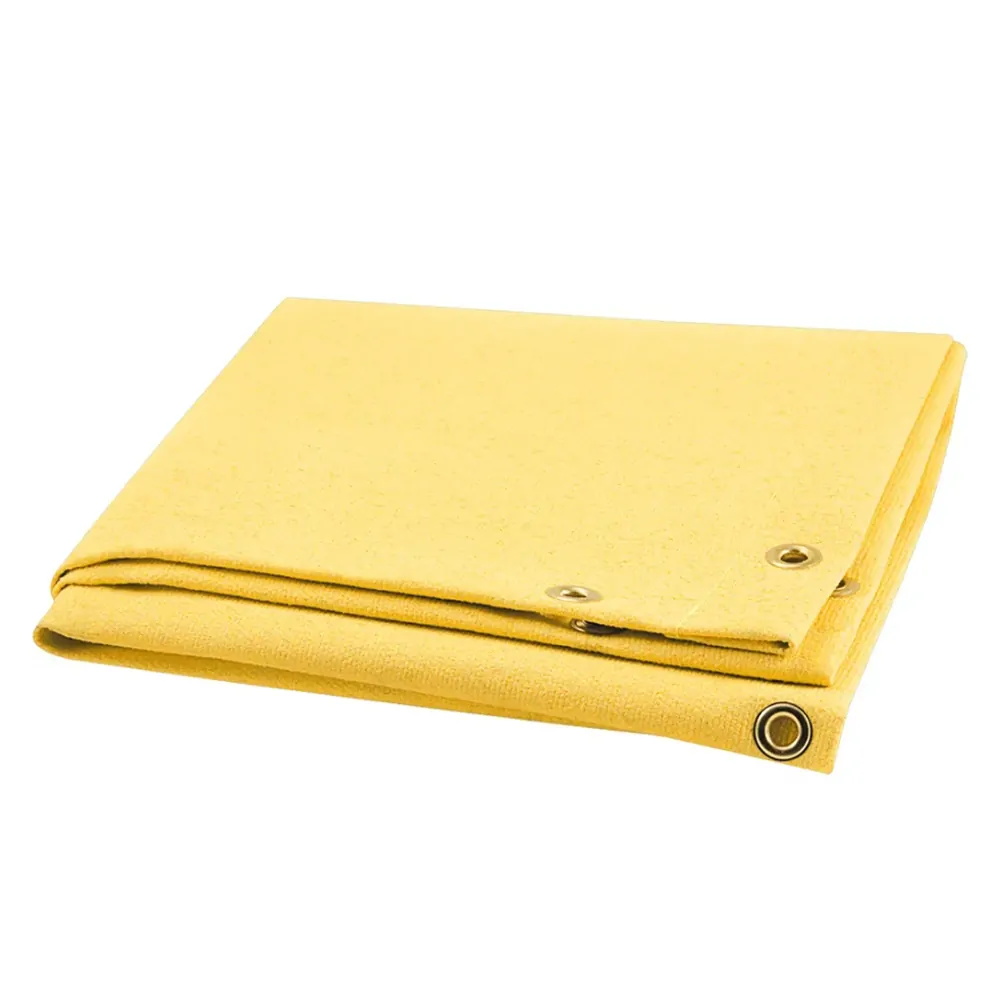Elevator Drop Fire Blanket: Advanced Protection for Vertical Escape Routes
The elevator drop fire blanket is an innovative safety device designed to protect elevator shafts during fires. This article explains how it works, its benefits, installation requirements, and why it's becoming essential in modern high-rise buildings.
What Is an Elevator Drop Fire Blanket?
An elevator drop fire blanket is a specially designed fire-resistant barrier that automatically deploys when a fire is detected. It seals off the elevator shaft opening at each floor, preventing smoke and flames from spreading vertically through the building.
Unlike traditional fire doors that protect horizontal passageways, the elevator drop fire blanket addresses the unique danger of vertical fire spread. When activated, the blanket drops from a concealed compartment above the elevator door, creating an immediate barrier.
Key features of quality elevator drop fire blankets include:
- Fire resistance ratings of 1-2 hours
- Automatic temperature or smoke detection activation
- Manual override capability
- Durable, heat-resistant materials like fiberglass or ceramic
- Compact storage that doesn't obstruct normal elevator use
Why Elevator Shafts Need Special Protection
Elevator shafts act like chimneys during fires, creating a dangerous pathway for flames and smoke to travel between floors. Standard fire doors can't effectively seal these vertical openings because they're designed for horizontal protection.
The elevator drop fire blanket solves this problem by creating a complete seal around the elevator opening. This containment helps:
- Slow fire spread between floors
- Reduce smoke inhalation risks
- Protect evacuation routes
- Give firefighters more time to respond
How the Elevator Drop Fire Blanket Works
The system consists of several components working together:
1. Storage Housing:The folded blanket is stored in a compact unit above the elevator door, completely hidden during normal operation.
2. Activation System:Connected to the building's fire alarm or with independent heat/smoke detectors, the system triggers when danger is detected.
3. Deployment Mechanism:When activated, the housing opens and the weighted blanket drops quickly, covering the entire elevator opening within seconds.
4. Sealing Edges:Special gaskets or magnetic strips ensure complete contact with the surrounding frame, preventing smoke leakage.
Installation and Maintenance Requirements
Proper installation of elevator drop fire blankets requires professional assessment and should comply with local fire codes. Key considerations include:
- Compatibility with existing elevator systems
- Integration with fire alarm systems
- Adequate clearance above doors
- Regular inspection schedules (typically every 6 months)
- Testing procedures that don't disrupt building operations
Maintenance usually involves checking the deployment mechanism, ensuring the blanket material hasn't degraded, and verifying proper activation signals from the fire system.
Comparing to Traditional Fire Protection Methods
While sprinklers and fire doors provide important protection, they have limitations in elevator shafts:
| Protection Method | Advantages | Limitations |
|---|---|---|
| Elevator Drop Fire Blanket | Complete seal, vertical protection, no water damage | Higher initial cost, requires maintenance |
| Sprinklers | Widely available, automatic activation | Can't prevent smoke spread, water damage |
| Fire Doors | Effective for horizontal protection | Not designed for elevator openings |
When Is an Elevator Drop Fire Blanket Most Beneficial?
These systems provide the greatest value in:
- High-rise buildings (10+ stories)
- Buildings with limited stairwell capacity
- Healthcare facilities with limited mobility occupants
- Historic buildings where traditional upgrades are difficult
- Buildings with high fire load (offices, hotels, residential towers)
Remember: While elevator drop fire blankets improve safety, they don't replace the need for properly designed evacuation plans, working smoke detectors, and regular fire drills.
Future Developments in Elevator Fire Protection

Manufacturers continue improving elevator drop fire blanket technology with:
- Smart systems that communicate with building management
- Thinner, more durable materials
- Integration with elevator recall systems
- Improved visual indicators for maintenance status
- Better testing methods that don't require full deployment
As building codes evolve to address vertical fire spread, expect to see elevator drop fire blankets become standard equipment in more jurisdictions.
Conclusion
The elevator drop fire blanket represents a significant advancement in vertical fire protection. By addressing the unique dangers of elevator shafts, these systems provide crucial time for evacuation and firefighting efforts. When properly installed and maintained, they become an invisible guardian that only appears when needed most.
If you're responsible for building safety, consider how an elevator drop fire blanket could enhance your property's fire protection strategy. Consult with fire safety professionals to determine if this solution fits your specific needs and complies with local regulations.






